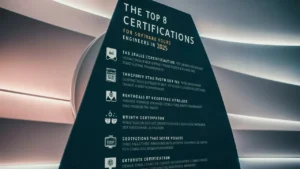Introduction:
Dunzo, a Bengaluru-based hyperlocal delivery unicorn, recently made headlines for laying off 300 employees, representing 30% of its workforce. This move has raised eyebrows in the industry and left many wondering what led to such a decision. In this blog, we will dive deep into Dunzo’s history, funding, investors, and performance to understand the reason behind this massive layoff.
History and Business Overview:
Founded in 2015 by Kabeer Biswas, Dunzo started as a WhatsApp-based personal concierge service. Over the years, the company expanded its services to offer a wide range of hyperlocal deliveries, including food, groceries, medicines, and pet supplies. Today, Dunzo is present in 13 Indian cities, with a loyal customer base and a strong network of local partners.
Funding and Investors:
In the last six years, Dunzo has raised a total of $382 million in funding from some of the biggest names in the industry, including Google, Tiger Global, and Lightbox Ventures. In June 2021, the company secured $75 million through a convertible note round led by investors like Pivot Ventures, Lightbox Ventures, and STIC Investment.
Performance
Despite the pandemic-induced disruption, Dunzo had a strong year in 2020, with a 2X increase in revenue and a 30% improvement in unit economics. However, things took a turn in 2021, with the company struggling to maintain its growth trajectory amidst rising competition and operational challenges.
Reason for Layoffs:
On 4th May 2023, Dunzo announced the layoff of 300 employees, citing reasons such as realignment of teams, cost optimization, and the need to focus on core business areas. The COVID-19 pandemic and the resulting economic slowdown were also mentioned as contributing factors. In a statement to the press, Kabeer Biswas, CEO of Dunzo, reiterated the company’s commitment to ensuring the welfare of its employees and supporting them through the transition
Conclusion
In conclusion, the layoff at Dunzo is indicative of the tough times that the hyperlocal delivery industry is currently going through. While the company has had a successful run in the past, the current market dynamics call for a more strategic and sustainable approach. Moving forward, Dunzo needs to focus on strengthening its core competencies, optimizing costs, and adapting to the changing needs of the customers.


















